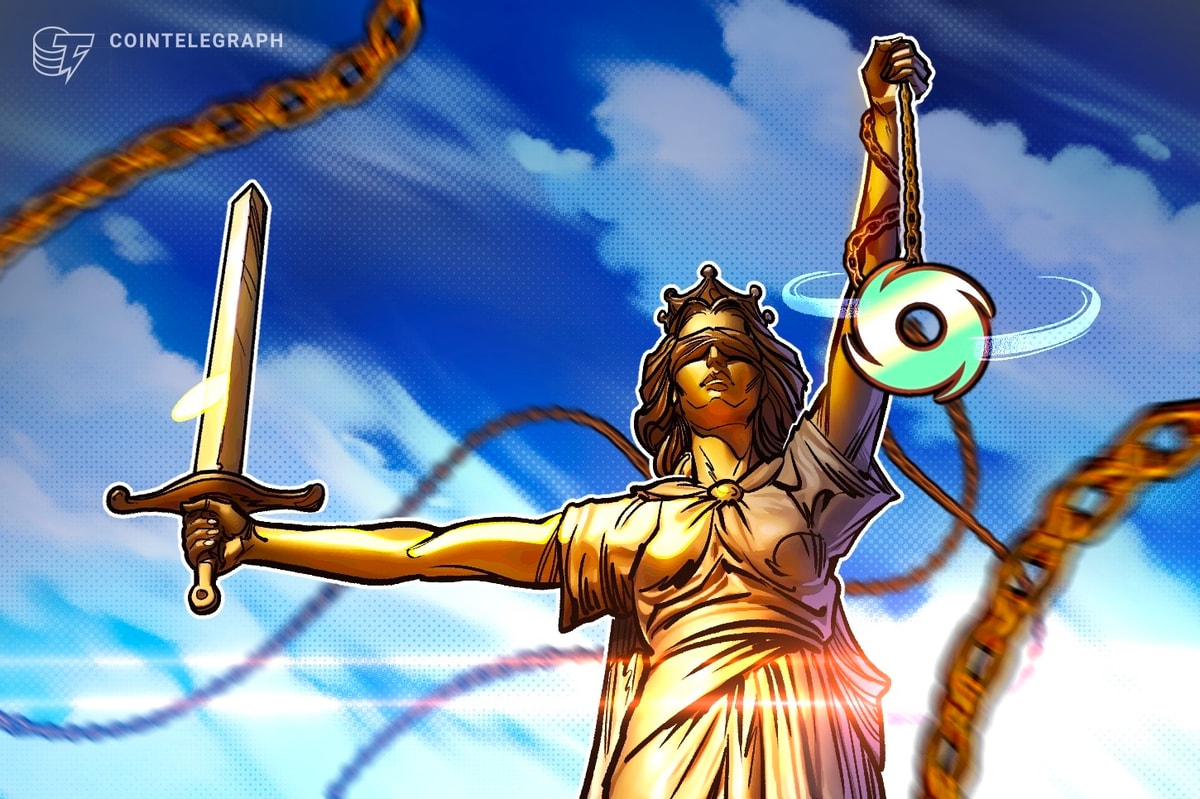South Korea’s Financial Services Commission (FSC) has issued a report outlining its new definition of cryptocurrencies, along with proposed procedures for token issuers and punishments for non-compliance.
The mooted rules could impose onerous regulations on individuals or platforms that mint non-art nonfungible tokens (NFT) intended for trading, as well as decentralized finance projects among others.
The Tuesday report by the FSC details items it proposed in the Act on the Protection of Cryptocurrency Users that have been sent to the National Assembly for consideration.
It lays down rules for token issuers who wish to have their tokens traded on Korean exchanges and suggested punishments for those the FSC has deemed to be making “undue profit through market manipulation or trading on undisclosed information.”
The report first addresses token-issuing businesses, which include initial coin offering operators, decentralized autonomous organizations, NFT minting services and potentially others.
The FSC would require these entities to submit a white paper, obtain a favorable rating from a recognized token evaluation service, obtain a legal review of the project, and disclose regular business reports to users.
Previously, the FSC had not recognized NFTs as assets to be regulated, but that decision changed earlier this week. It also considers privacy tokens, such as Monero (XMR) and stablecoins such as Tether (USDT) to be cryptocurrencies, while central bank digital currencies are not.
Related: Mixed messages on crypto tax rules create confusion in South Korea
Failure to comply with the rules would carry a penalty of at least five years in prison plus three to five times the amount of the “unfair profit” made. Unfair profit would be considered any profit made while the businesses were in non-compliance with the law. These punishments echo those from the existing Capital Market Act.
The new proposals are in response to what the FSC has evaluated to be deficiencies in the ability of the Special Reporting Act to thoroughly protect investors. The act is the legislation that led to the closure of most of the country’s crypto exchanges due to strict requirements to remain in operation.
A well-connected exchange industry insider told Cointelegraph the proposals were positive:
“The new law, once passed, will further promote industry development and help protect digital asset investors.”











